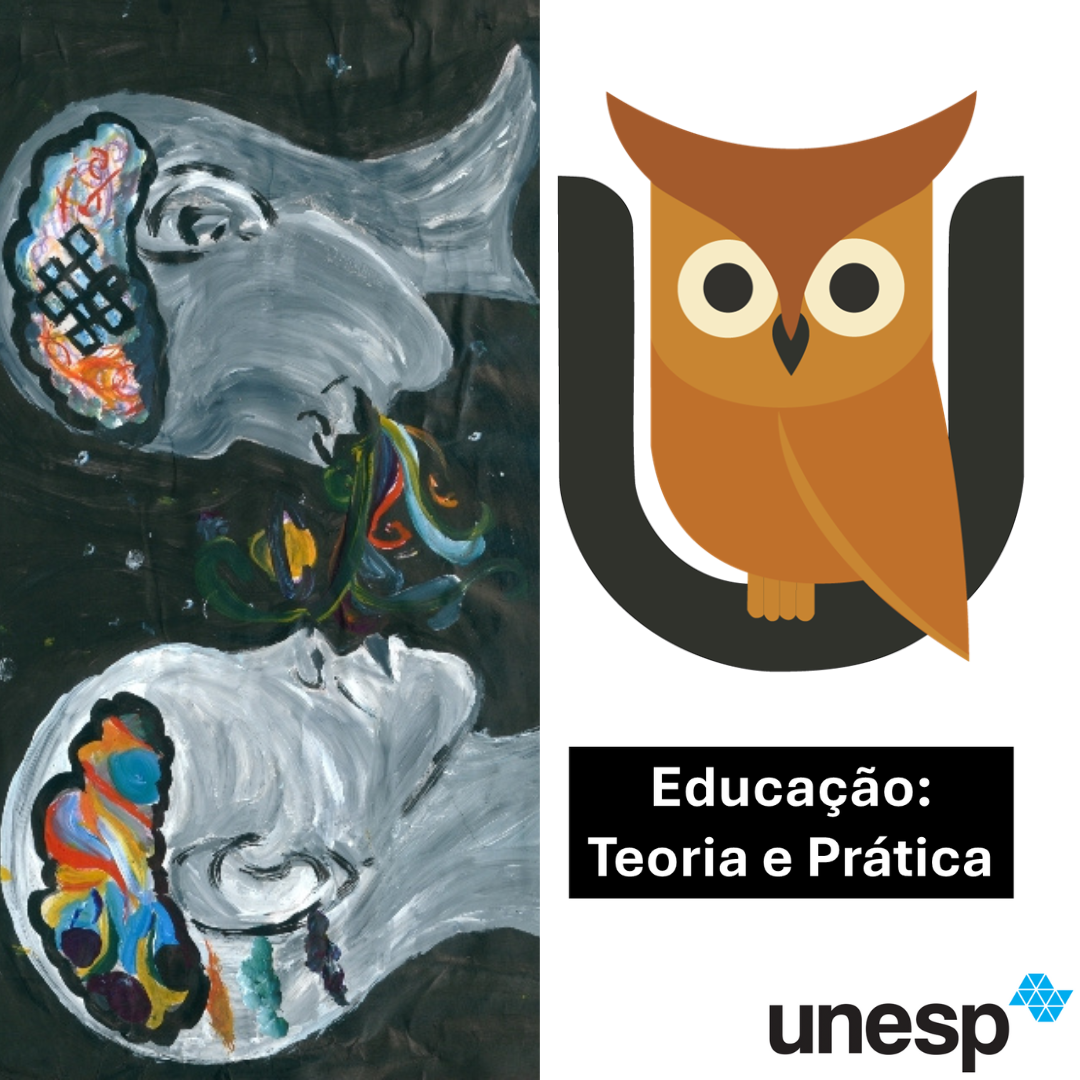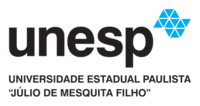SOCIAL REPRESENTATIONS OF PEDAGOGY STUDENTS ON THE CURRICULAR COMPONENT PHYSICAL EDUCATION
DOI:
https://doi.org/10.18675/1981-8106.vol29.n60.p83-97Abstract
Physical Education (PE) in higher education has a practical sporting character, in order to provide students with a diversity of activities, aiming at increasing their knowledge about the body culture of movement. In this sense, this study aimed to apprehend the social representations of students of the Pedagogy Course of the State University of the Southwest of Bahia (UESB) on the curricular components EF (Elementary School) I, II and III. This is a descriptive-exploratory study with a qualitative approach. A semi-structured interview was conducted with 38 students from the UESB Pedagogy Course, and the results were analyzed using the content analysis technique. After the analysis of the manifest contents, the units of analysis were grouped into 3 categories that express negative representations of university students about the curricular components in EF I, II and III, namely: Teacher Disengagement; Absence of the Importance of EF I, II and III; and Academic Obligation. This way, we concluded that the curricular components, as presented, solidified the social representations of the students, so that they present, in their manifestations, several aspects that reveal that sometimes the curricular components were not treated with the relevance they should have been, negatively influencing students' representations. Keywords: Social Representations. Students. Physical Education.Additional Files
Published
How to Cite
Issue
Section
License
Authors who publish in this journal agree to the following terms:
a) Authors assign copyright to the journal, with the work simultaneously licensed under the Creative Commons Attribution License that allows sharing of the work with acknowledgment of authorship and publication in this journal.
b) The policy adopted by the Editorial Committee is to assign copyright only after a period of 30 months from the date of publication of the article. After this time, authors interested in publishing the same text in another work must send a letter to the Editorial Committee requesting the release of the assignment of copyright and wait for a response.
c) This journal provides public access to all its content, since this allows greater visibility and reach of published articles and reviews. For more information on this approach, visit the Public Knowledge Project, a project that developed this system to improve the academic and public quality of research, by distributing OJS as well as other software to support the public access publication system to academic sources. The names and email addresses on this website will be used exclusively for the purposes of the journal and will not be available for other purposes. This journal provides open any other party  This work is licensed under a Creative Commons License
This work is licensed under a Creative Commons License










